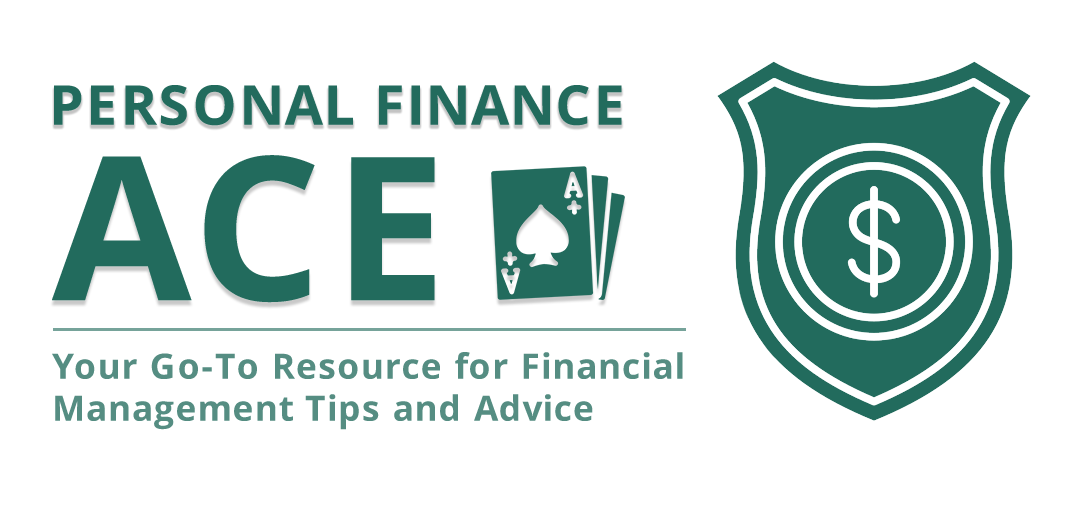Understanding 401(k)s can be intimidating, but it is an essential part of preparing for your financial future. A 401(k) is an employer-sponsored retirement plan that lets employees save and invest a portion of their paycheck before taxes are taken out. This guide aims to simplify the concept of 401(k)s, explaining their benefits, and showing how to maximize them for your retirement savings.
What is a 401(k)?
One of the first steps in understanding 401(k)s is to learn what they are. A 401(k) allows you to save a part of your paycheck before taxes are deducted. The taxes are not paid until you withdraw money from the account. It’s a form of ‘deferred tax’, giving you the benefit of lower taxable income now.

Why Start a 401(k)?
There are three main reasons why understanding 401(k)s and starting early is beneficial:
- Pre-Tax Contributions: Lowering your overall taxable income is possible as your contributions are deducted from your paycheck before taxes.
- Employer Match: Many employers match your 401(k) contributions, up to a certain percentage of your salary. This is free money, boosting your retirement savings significantly.
- Compound Interest: The interest you earn on your 401(k) compounds over time. You earn interest not just on the amount you contribute but also on all the interest that has previously accrued.
How to Maximize Your 401(k)?
To better understand 401(k)s and their benefits, consider these strategies:
- Contribute Enough to Get the Full Employer Match: Not contributing enough to get the full match means you’re leaving free money on the table.
- Increase Your Contribution Over Time: As your salary increases, consider increasing your 401(k) contribution. This can boost your savings over time.
- Don’t Withdraw Early: Early withdrawal, before age 59.5, can lead to penalties and tax implications. It’s best to leave this money untouched until retirement.
Conclusion
Understanding 401(k)s is a significant step towards a secure financial future. It’s never too early to start planning for your retirement. As a young professional, consider seeking professional financial advice tailored to your personal situation for the best decisions.
For more detailed and personalized financial advice, you can consult a professional financial advisor





